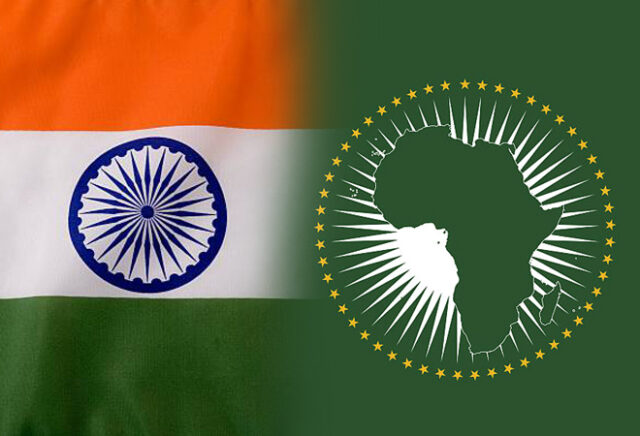Introduction:
It is a well established fact, confirmed by the World Health Organization (WHO), that 80% of the world’s population uses traditional medicine before resorting to Western medicine, if at all. India has played a crucial role in spreading the knowledge of traditional medicine to the rest of the world. The Egyptians learnt it through the sea route, the Greeks and Romans through Alexander. Buddhism also helped spread the knowledge of Indian Traditional Medicine to the East. Ayurveda, Siddha, Unani comprise of the 3 main components of the above healthcare system that has its base in man-nature harmony. This belief is facilitated by the fact of India’s rich biodiversity. In fact, according to the World Conservation Monitoring Centre (WCMC), India is one of the 17 mega-biodiverse countries in the world.
Africa’s Medicinal Culture:
Africa, too, is known for its reliance on Traditional Medical systems. 31st August is annually commemorated as African Traditional Medicine Day by WHO. Most African nations now cultivate medicinal plants for a sustainable, affordable, inclusive healthcare system. 39 countries already have a legal framework in place for traditional medicine practitioners. Several countries also have included traditional medicine as part of their health science curricula along with training programmes for the same.
India-Africa Collaboration:
This bodes well as Traditional Medicine is the most resorted to by African nationals, more than modern medicine, in times of need. These practitioners are known for their personal approach towards healing, much like in India, which makes it easier for the two countries to collaborate in the matter. Moreover, many medicines that are used in Africa also find their use in India. Similarity in climatic conditions, biodiversity, physiognomy, family and cultural values make it even more feasible for the two countries to also mutually benefit out of their rich medicinal culture.
India’s Bilateral Relationship regarding Healthcare:
Recently, India has entered into bilateral ties with five countries, namely, Nepal, Cuba, Malaysia, Venezuela, and Qatar to expand the scope of Indian Systems of Traditional Medicine. Such collaborations would help in enriching bilateral ties over shared interest in research, practice, education, and training in Traditional Medicine Systems like Ayurveda and others. India also hosted the World Health Organisation-Traditional Medicine Global Summit in Gandhinagar, Gujarat from 17-18 August 2023. The proceedings were published in the form of Gujarat Declaration which envisions an integration of traditional medicine in national health systems.
Conclusion:
If India and Africa indeed do collaborate on this front, the potential of progress in this ancient system of healthcare will be multiplied manifold, building multilateral relationships over the shared interest of global wellbeing.









